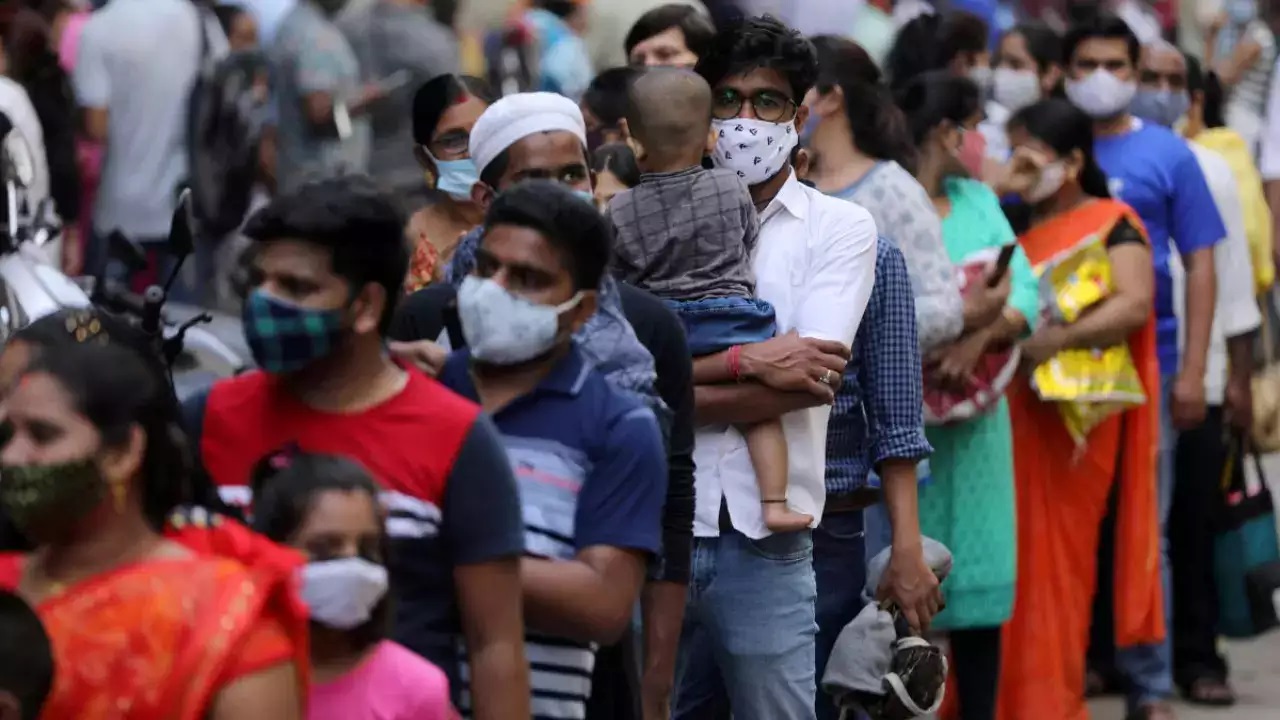
The Asian Development Bank’s report unveils critical gaps in India’s healthcare readiness for future pandemics, prompting urgent action. Despite efforts, the nation’s Global Health Security Index declined, indicating vulnerability to health crises. NITI Aayog’s initiative to harness ADB data presents a strategic opportunity to fortify healthcare resilience. By leveraging insights and international best practices, a comprehensive programme can be formulated to bridge existing gaps. Collaboration between stakeholders is paramount to implementing effective strategies. As India navigates the challenges of the ongoing pandemic and prepares for the future, proactive measures are imperative. Strengthening healthcare infrastructure and response mechanisms is essential for safeguarding public health. The summary encapsulates the urgency for concerted efforts in enhancing India’s readiness to confront the uncertainties of tomorrow’s pandemics.
India’s readiness to confront future pandemics is under scrutiny, with insights from the Asian Development Bank (ADB) shedding light on persistent gaps. Despite over a year into the COVID-19 pandemic, India’s healthcare infrastructure faces challenges in effectively managing public health emergencies. The decline in India’s Global Health Security Index from 2019 to 2021 underscores the urgency for improvements. While India has initiated measures to bolster its preparedness, significant obstacles persist. However, with the recent ADB report, there’s an opportunity for strategic intervention. NITI Aayog’s endeavor to utilize ADB data to formulate tailored strategies signals a proactive approach toward addressing healthcare vulnerabilities. This introduction sets the stage for examining India’s healthcare resilience and the imperative for action.
Assessing India’s Healthcare Readiness
India’s healthcare preparedness for future pandemics has come under scrutiny in light of recent assessments. The Asian Development Bank (ADB) has presented a report that could serve as a valuable resource for NITI Aayog in devising strategies to address potential public health crises.
Persistent Gaps Revealed by ADB Report
Despite being over a year into the COVID-19 pandemic, the ADB’s evaluation reveals persistent gaps in readiness across various sectors. These findings raise concerns about India’s ability to effectively manage future health emergencies.
Discouraging Insights from the ADB Publication
The ADB report sheds light on India’s healthcare infrastructure, highlighting areas of concern that need urgent attention. The findings suggest that India’s current capabilities may not be sufficient to handle the challenges posed by future pandemics adequately.
Declining Global Health Security Index
One alarming revelation from the ADB report is the decline in India’s Global Health Security Index between 2019 and 2021. This decline underscores the need for significant improvements in the country’s public health infrastructure and emergency response mechanisms.
Recent Initiatives and Challenges
While India has undertaken several initiatives in recent years to enhance its preparedness for future pandemics, there remain significant challenges that need to be addressed.
India’s Efforts to Combat Future Pandemics
Over the last couple of years, India has implemented various measures aimed at strengthening its healthcare system and pandemic preparedness. However, the effectiveness of these initiatives remains to be seen, particularly in the face of evolving health threats.
NITI Aayog’s Strategic Endeavor
Recognizing the importance of data-driven decision-making, NITI Aayog is spearheading an effort to leverage the insights provided by the ADB report. By harnessing this data, NITI Aayog aims to develop a comprehensive strategy to address potential public health emergencies effectively.
Formulating a Robust Programme
The proposed program by NITI Aayog seeks to bridge the gaps identified in India’s healthcare readiness, as highlighted by the ADB report. By integrating evidence-based approaches and leveraging international best practices, this initiative aims to enhance India’s resilience to future pandemics.
